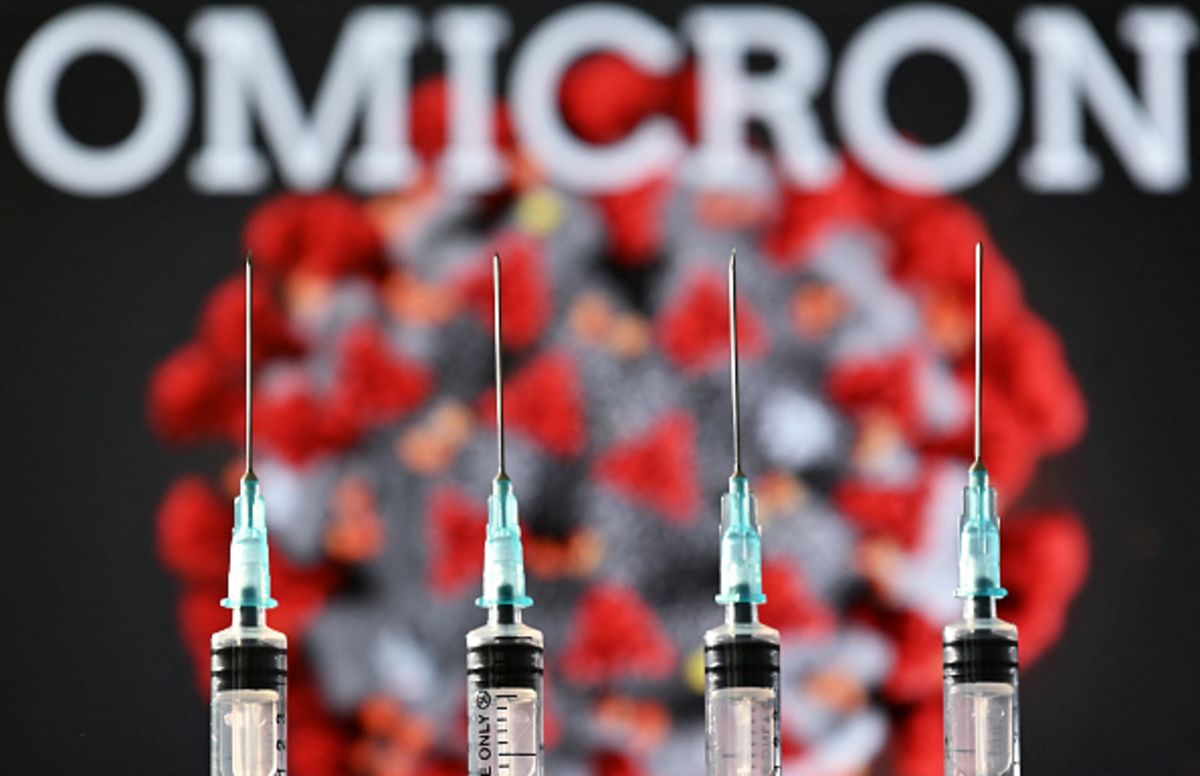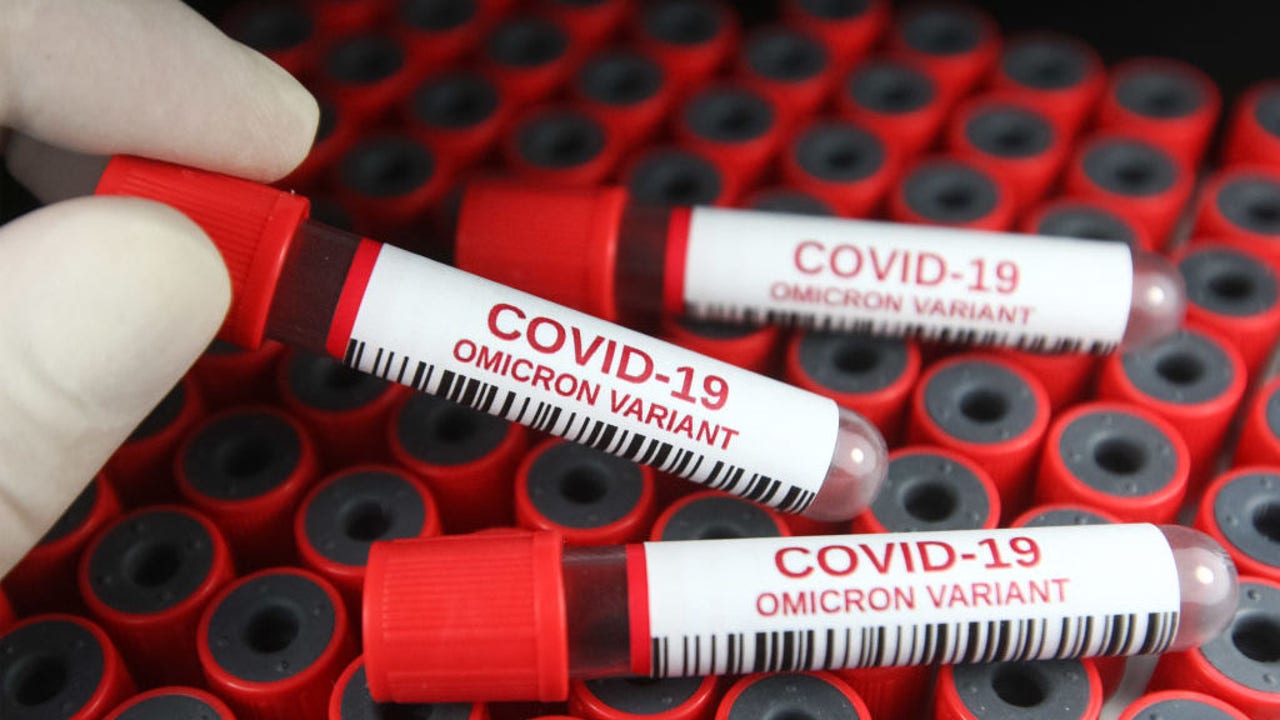Recent research indicates that two doses of mRNA vaccine are ineffective against Omicron, and that even a breakthrough infection on top of the vaccination is ineffective.

According to a new study, antibodies created by the first two doses of mRNA vaccines diminish over time and give essentially little protection against Omicron. It was also claimed that in the instance of Omicron, breakthrough infections after two vaccination doses don’t make a substantial impact. However, the same group of scientists had previously reported that a booster dose of mRNA vaccine produced effective levels of neutralising antibodies against the COVID form.
“Our new work shows that two doses of mRNA vaccine do not offer protection against Omicron, and even having a breakthrough infection on top of vaccine does not help much. But our earlier study showed that the booster can really rescue the shortcomings of the two doses,” said Shan-Lu Liu, a virology professor at Ohio State University in the United States, is the senior author of both papers.
“Serum samples were collected pre-vaccination, three to four weeks after a first vaccine dose, three to four weeks after a second vaccine dose and six months after the second vaccine,” Liu added.
Antibodies in blood samples from 48 health care workers with experimental forms of the parent virus and the Alpha, Beta, Delta, and Omicron variants were evaluated in the current study, which was published in the journal Science Translational Medicine.
With the exception of the Omicron variety, the authors claim that neutralising antibodies grow significantly after the second dose. “There was an at least five-fold decline in immunity from the second treatment to six months later, even against the parent virus,” says John Evans, a Ph.D. student at Ohio State University.
Despite the fact that the data revealed that a breakthrough COVID-19 infection combined with vaccination boosted immunity against most variants of the virus, antibodies from just one person who had previously been infected reached levels capable of fighting Omicron. “Overall, nobody in our trial had good Omicron immunity,” Liu added.
The severe drop in immunity six months after two vaccination doses, as well as the preceding study’s showing that a booster protects against Omicron, underline the need of a third shot in preventing infection, according to Liu.
“The neutralising antibodies effective against Omicron declined 23-fold after the second vaccination dosage, while immunity reduced just three- to four-fold with a booster injection — which is equivalent to booster efficacy previously reported against the Delta variant,” he said.
The experimental viruses were pseudoviruses, which had a non-infectious viral core with various SARS-CoV-2 spike proteins on the surface that were organised to match known changes in the variations under study.
People who got the Pfizer mRNA vaccination developed around two-fold less neutralising antibodies than those who received the Moderna preventative, according to the findings. The researchers found that males had considerably greater antibody levels against all variations than women at all post-vaccination time periods.

